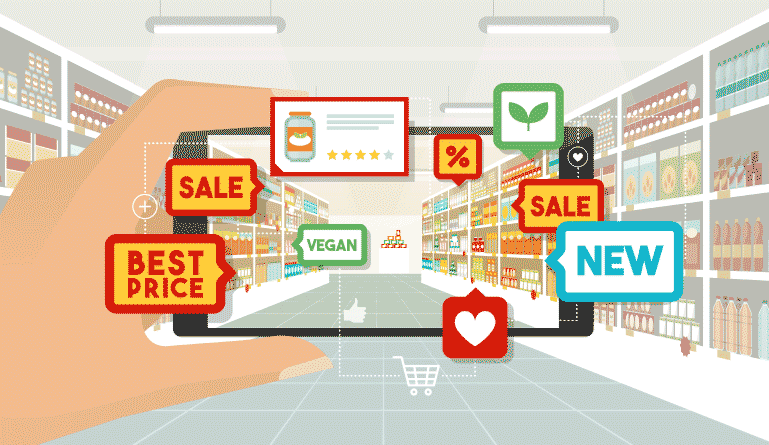In 2019, it feels some strange to some businesses to continue talking about how to make email effective. Haven’t we moved on to different marketing methods, like social media? The truth is that email is still an incredibly valuable communication tool and an important part of your marketing outreach.
- 99% of people check email every day
- The engagement rate for social media platforms, including Facebook, Instagram, and Twitter is as low as .6%, according to some studies. Email’s average open rate of 22.86% and its click-through rate is 3.71%
- For every $1 you spend on emails marketing, you can expect an average return of between $32 and $44
Why email marketing still matters
Besides the fact that everyone still has and checks email, what other benefits can you really see from using email as a marketing channel? Email is still one of the most direct ways of ensuring that your messaging reaches a relevant audience.
- Direct marketing: One of the main differences between email marketing and social media marketing is that social media can target specific groups but email goes right to individuals. It’s far less passive, demands more active attention, and has a higher organic reach
- Leads: Email marketing is opt-in. That means that the marketing materials are often more relevant than any other kind of advertising targeting. In most cases, customers already have some passing familiarity with your brand and this can lead to a more captive audience.
- Builds relationships: Communication is the key to building relationships. You can’t expect any customers to just drop money on your product or service without really knowing what you’re about. Email marketing communications help your brand develop a reputation for trustworthiness and reputation as a resource.
- More efficient: Many of the best marketing software options give you the ability to create emails from existing templates, making it faster and easier for you to get your emails sent.
Which email marketing software can support your small business?
Knowing how beneficial email marketing software is, the only thing left to do is choose the platform that can help you organize, design, and deliver your content.
1. Aweber
Aweber is a great option for budget-conscious small businesses. The cheapest plan gives you 500 email addresses to send to. It includes automation and segmentation features at every price level and helps businesses more effectively walk through the marketing funnel and customer journey with their customers. It also offers email list integrations from other platforms such as PayPal or WordPress to make it even easier to reach your customers and contacts.
2. GetResponse
GetResponse is a small business marketing solution that offers a number of features that can really drive engagement, including over 1000 free, high-quality, royalty-free stock images to use in your emails. They also boast a rate of 99% deliverability, meaning fewer of your messages get lost to the spam folder.
3. MailChimp
MailChimp is a popular email marketing software, particularly helpful for small businesses. E-commerce stores will benefit from the ability to connect to most e-commerce systems, including Shopify, WooCommerce, and Magento to better automate your marketing and personalize your communications. Their email beamer feature allows you to construct and compose emails in your regular email client, like Gmail, and then send emails from your MailChimp segmented contact lists. It even offers campaign integration with ads on social media channels, which you can monitor directly from MailChimp.
4. ConstantContact
One of the most important features of ConstantContact is its mobile-optimized templates. This means you can display emails on any mobile device even without a designer – which is great news since most email is consumed on smartphones and tablets. This well-established email marketing client has tiers of features, and their more premium access tools include everything you need for your most successful email marketing campaigns, such as subject-line A/B testing, surveys and polls, and event marketing options. It also has robust analytics to learn about and tweak your campaigns.
5. ActiveCampaign
With ActiveCampain, you can automate emails, see analytics data, and even create SMS messaging options. It easily integrates with over 150 other platforms such as WordPress and Shopify to help you better streamline your processes and enhance your communications ability. Their split A/B testing capabilities are essential for successful campaigns. They make it easy to test almost any element of your email, from subject line to image to header text to be able to effectively understand which version is most impactful.
When it comes to converting your audience into customers, email marketing is still an important player. In fact, one McKinsey study showed that it’s 40 times more successful at securing new customers than Facebook and Twitter combined. That’s why marketing professionals need to keep their focus on creating good content for email marketing campaigns as well as investing in email software that will support the goals of their small business. The best email marketing software for small businesses will help you grow your business and make sure that every message counts.





